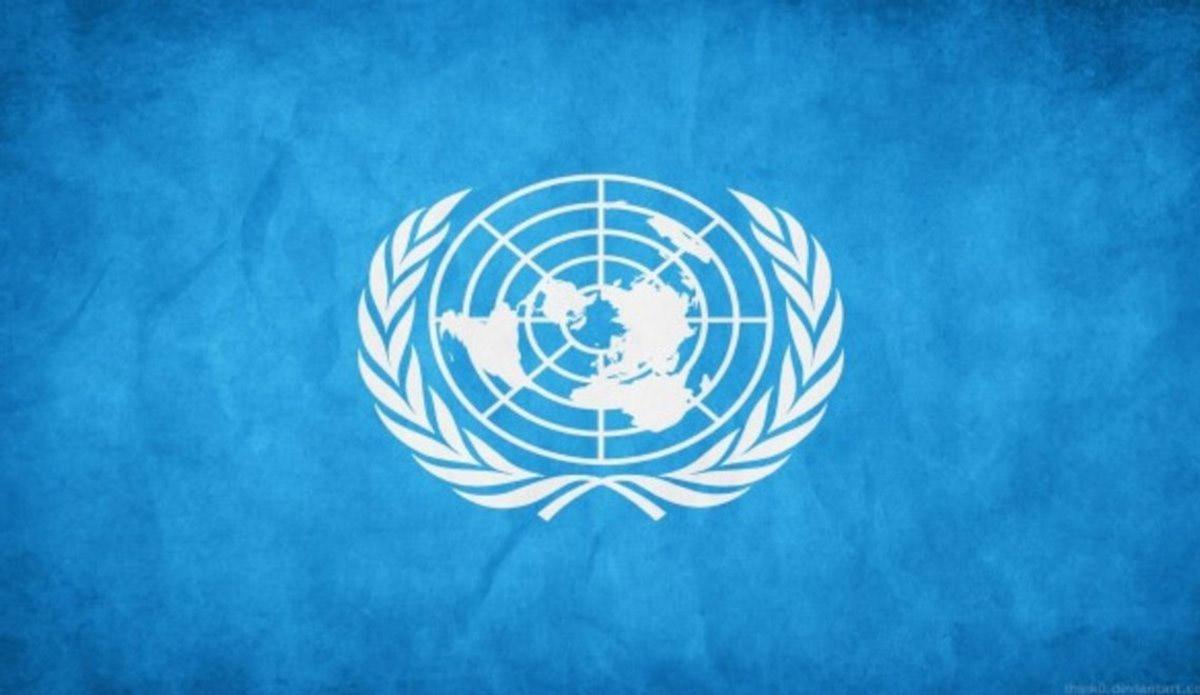
UN report on terrorism in Afghanistan
According to the United Nations, the connection between the Taliban, Al-Qaeda, and the Tehrik-e-Taliban Pakistan (TTP) remains strong and symbiotic, raising concerns about the increased threat of terrorism in Afghanistan and the surrounding region. The report highlights the Taliban’s failure to deliver on their promises of counter-terrorism measures and their continued support for extremist groups while simultaneously seeking counter-terrorism assistance against their rival, ISIL-Khorasan Province (ISIL-K).
India has to watch out for direct threats from Al-Qaeda in the Indian Subcontinent (AQIS), which has explicitly targeted India as one of its primary objectives, and the Islamic State of Iraq and the Levant (ISIL) in Khorasan, operating in Afghanistan. AQIS aims to establish an Islamic Caliphate in the Indian subcontinent by overthrowing existing Governments and implementing its extremist ideology. From time to time, AQIS has been involved in various terrorist activities in India, including attacks, recruitment, and radicalization efforts. The Khorasan organisation, also known as ISIL-Khorasan Province or ISIL-K, is a regional branch of the Islamic State of Iraq and the Levant (ISIL) operating in Afghanistan and Pakistan. While its primary focus is on establishing a presence in the Khorasan region, which includes parts of Afghanistan, Pakistan, Iran, and Central Asia, The recent arrest of three men from Kashmir and a woman in Gujarat by the ISIL-K module is a confirmation of the imminent threat posed by these terrorist organisations operating from Afghanistan to India.
The presence and activities of these terrorist organisations in Afghanistan pose a significant threat to India’s security and interests. Terrorist groups operating in Afghanistan, such as the Taliban, Al-Qaeda, and the Tehrik-e-Taliban Pakistan (TTP), have historically maintained close ties with extremist elements in Pakistan. These groups have used Afghan territory as a safe haven to plan, train, and launch attacks. These organisations propagate extremist ideologies and use online platforms to radicalise vulnerable individuals, motivating them to carry out acts of terrorism in India.
Afghanistan is a major producer of illicit drugs, particularly opium and heroin. Terrorist organisations often engage in drug trafficking to generate funds for their activities. The drug trade originating in Afghanistan has already shown spill-over effects on India, contributing to drug abuse, addiction, and associated social problems.
Terrorist attacks, refugee influxes, and the spread of extremist ideologies can have ripple effects, leading to regional tensions and security challenges. Given these factors, it is crucial for India to closely monitor and address the threat posed by these terrorist organisations. Cooperation with international partners, intelligence sharing, border management, and robust counter-terrorism measures are essential to mitigate this threat and maintain security in the region.
Jammu and Kashmir has to be extra vigilant, as it is always the main focus of these terrorist organisations. Jammu and Kashmir has already suffered a lot during decades of terrorism and narco-terrorism is reality in J&K. The involvement of Kashmiri youth in the ISIL-Khorasan module is a warning bell. Strengthening intelligence is the need of the hour.
It is important to closely monitor the actions and policies of the Taliban Government to assess their impact on regional and global security.
Source » dailyexcelsior





